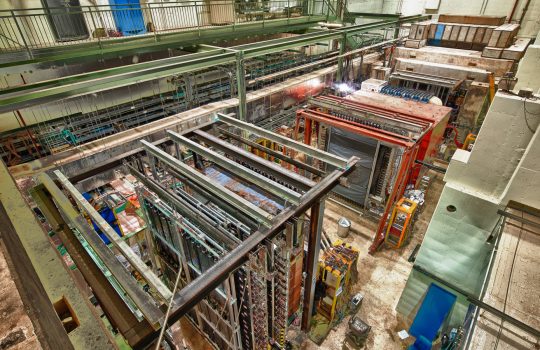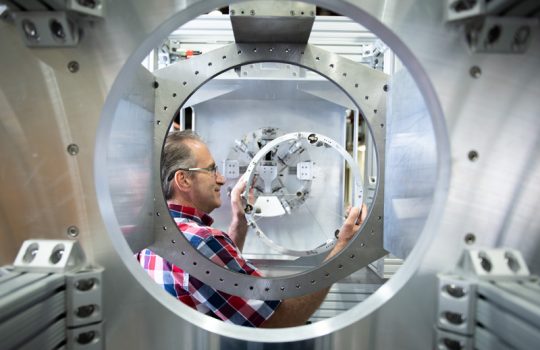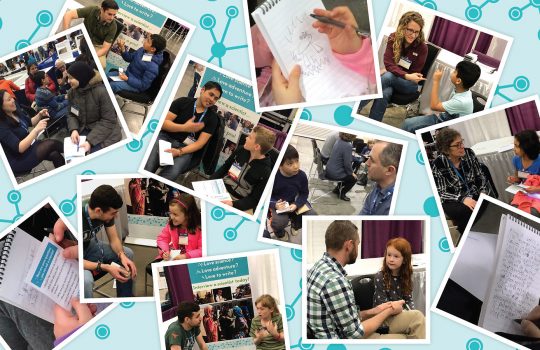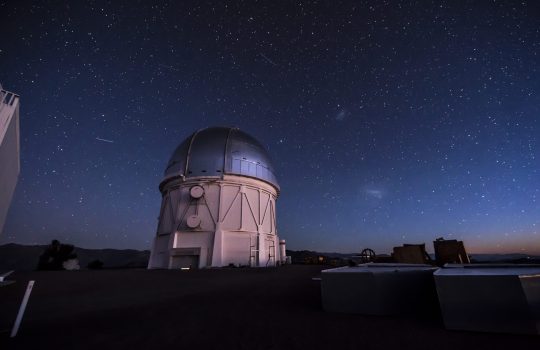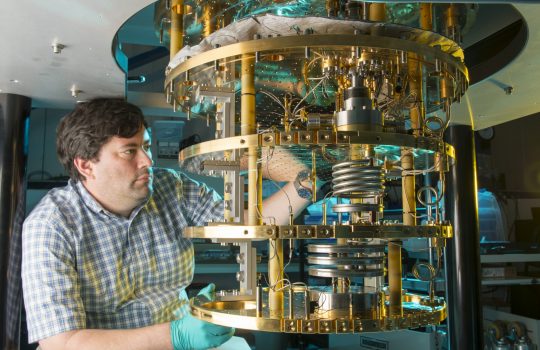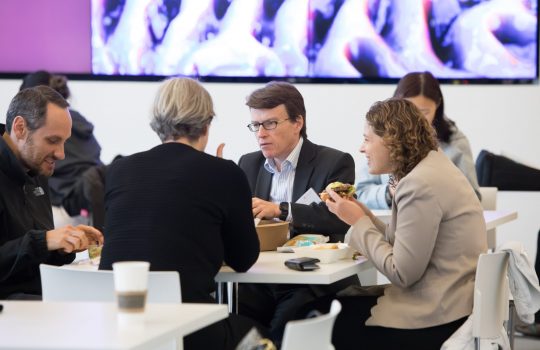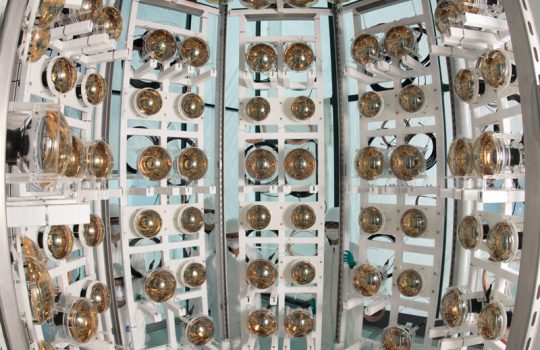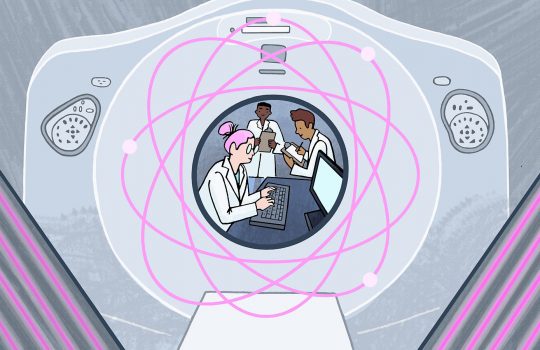SpinQuest: Putting together the proton spin puzzle
An experiment that will contribute vital knowledge about something deceptively simple – a proton’s spin – will soon come online at Fermilab. The experiment may either begin to validate the “potato salad” model of proton spin or force scientists to develop a new model entirely.

